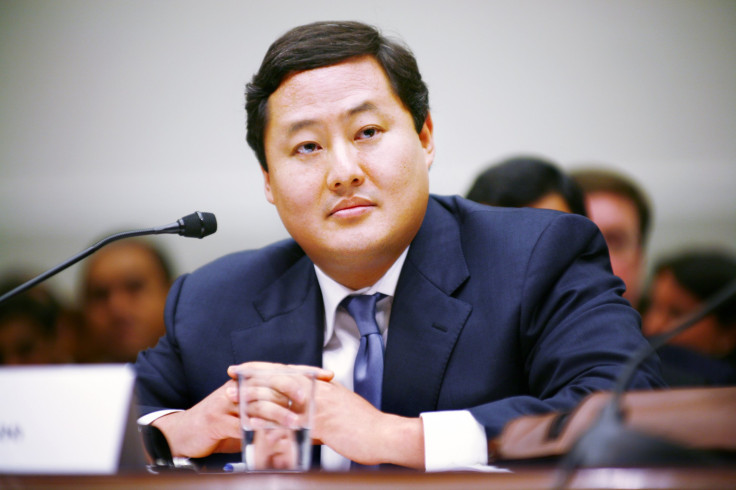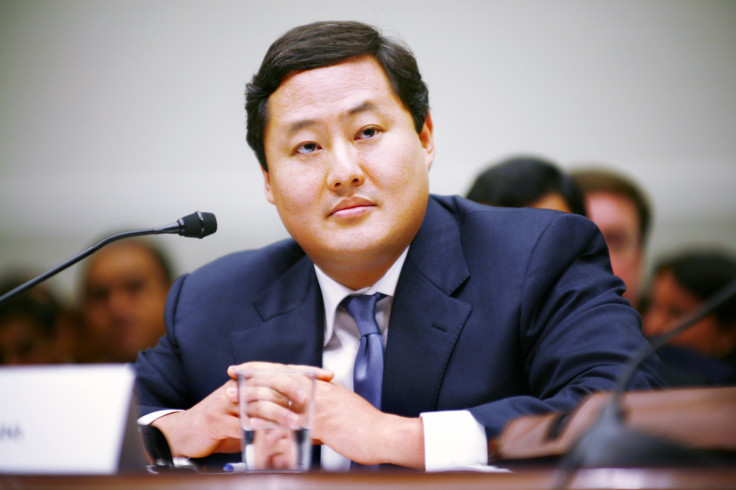Who Is John Yoo? President Donald Trump's Executive Orders Went Too Far, Says Conservative Torture Memos Author

In a flurry of action since taking office, President Donald Trump has signed multiple far-reaching executive orders to pursue his policy plans. And though every president since George Washington has utilized executive orders to implement change, it’s not the sheer number but the contents of Trump's orders that are worrisome to many. Even John Yoo, a conservative law professor who authored some of the George W. Bush administration’s memorandum’s defending torture, said the new president has gone too far.
“Even Alexander Hamilton, our nation’s most ardent proponent of executive power, would be worried by now,” said Yoo in a op-ed published Monday in the New York Times. Yoo said he advocated for “vigorous, perhaps extreme” measures in the wake of Sept. 11, including the invasion of Afghanistan, the opening of Guantanamo prison and “enhanced interrogation of terrorist leaders.” He also supported President Barack Obama using executive power to authorize drone attacks and foreign surveillance. But for Yoo, Trump’s executive orders are troublesome because he said they overstep the boundaries of presidential power.
“The president has no constitutional authority over border control, which the Supreme Court has long found rests in the hands of Congress. Under Article I of the Constitution, only Congress can fund the construction of a wall, a fence or even a walking path along the border,” wrote Yoo. “And the president cannot slap a tax or tariff on Mexican imports without Congress.”
Yoo also noted that Trump doesn’t have the authority to renege on the North American Free Trade Agreement because it was implemented through Congress by way of statute.
“A successful president need not have a degree in constitutional law,” concluded Yoo. “But he should understand the Constitution’s grant of executive power.”
Yoo, a University of California law professor and an official in the Justice Department during the Bush administration, provided arguments in the 2002 memorandums that came to be known as the “torture memos” to keep officials from being charged with war crimes for the way they treated prisoners. He argued that the Geneva Conventions, a set of rules governing the treatment of civilians and detainees in wartime, did not apply to prisoners of the Afghanistan war.

© Copyright IBTimes 2025. All rights reserved.






















